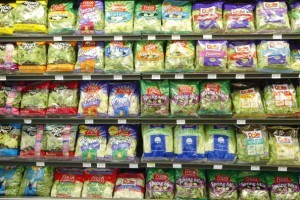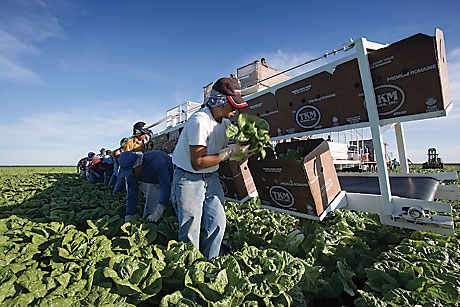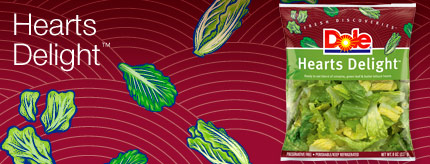The U.S. Centers for Disease Control and Prevention reports that three more ill people have been reported from Missouri (1) and Ohio (2), bringing the total to 18.
 The most recent illness was diagnosed on January 31, 2016.
The most recent illness was diagnosed on January 31, 2016.
Since September 2015, CDC has been collaborating with public health officials in several states, the U.S. Food and Drug Administration (FDA), and the Public Health Agency of Canada to investigate a multistate outbreak of Listeria monocytogenes infections (listeriosis).
Listeria can cause a serious, life-threatening illness.
Eighteen people infected with the outbreak strain of Listeria have been reported from nine states since July 5, 2015, an increase of three cases since the last update on January 28.
All 18 people were hospitalized, including one person from Michigan who died as a result of listeriosis. One illness was reported in a pregnant woman.
Laboratory tests performed on clinical isolates from all 18 ill people showed that the isolates are highly related genetically.
According to the Public Health Agency of Canada, there are ill people in Canada infected with the same outbreak strain of Listeria.
Laboratory tests performed on clinical isolates from ill people in Canada showed that the isolates are highly related genetically to Listeria isolates from ill people in the United States.
Epidemiologic and laboratory evidence indicate that packaged salads produced at the Dole processing facility in Springfield, Ohio and sold under various brand names are the likely source of this outbreak.
Although the investigation began in September 2015, the source of these illnesses wasn’t known until January 2016 when a laboratory result from a packaged salad collected in Ohio linked the illnesses to the Dole processing facility in Springfield, Ohio.
On January 27, 2016, Dole voluntarily recalled all salad mixes produced in the Springfield, Ohio processing facility.
No comment from Dole.


 locate possible problems — a leaky fertilizer bin, an unexpected pathogen in the water, unwashed hands on a factory floor — and more quickly halt the spread of contaminated food.
locate possible problems — a leaky fertilizer bin, an unexpected pathogen in the water, unwashed hands on a factory floor — and more quickly halt the spread of contaminated food..jpg) Dole Fresh Vegetables
Dole Fresh Vegetables.jpg)
 The
The